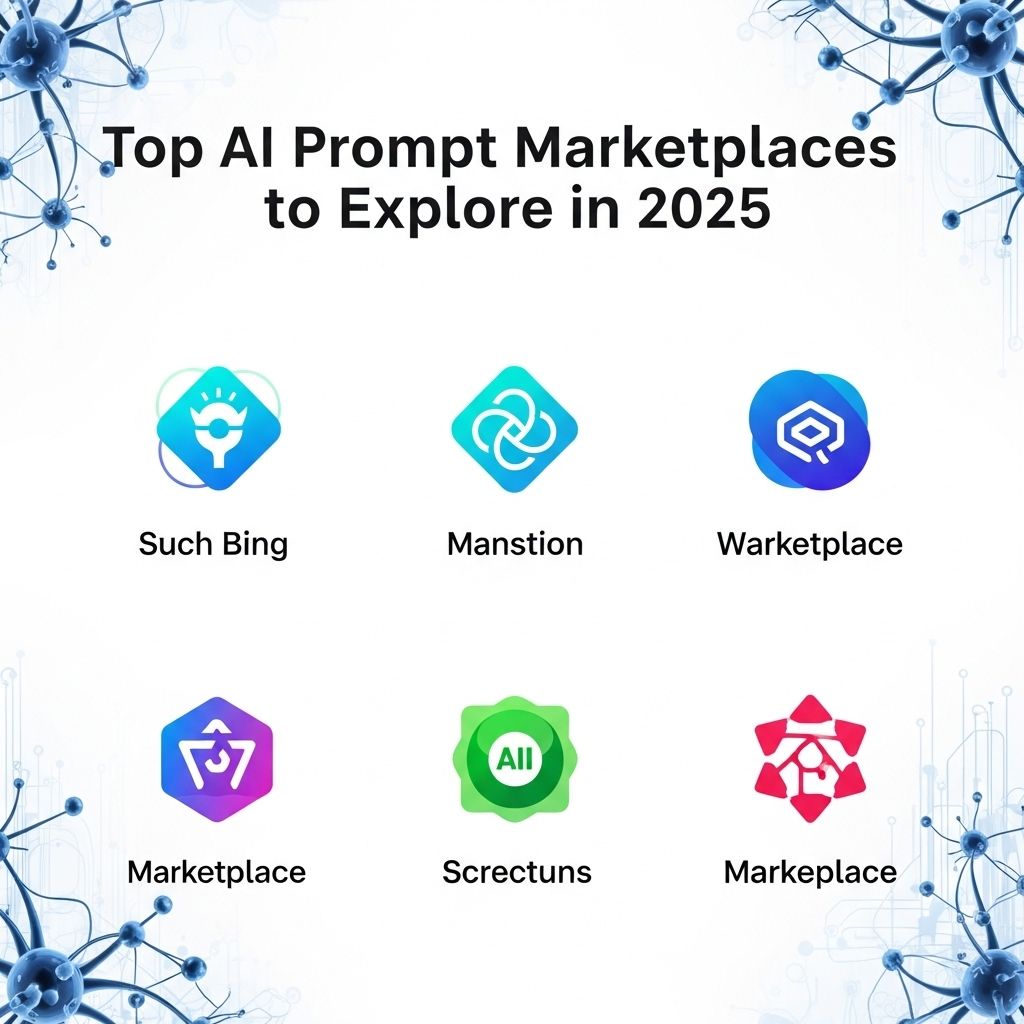In the rapidly evolving technological landscape, the need for effective AI talent intelligence tools is more critical than ever. Organizations are increasingly recognizing that leveraging AI can enhance their recruitment processes, source the best talent, and elevate overall workforce management. As we look toward 2025, several cutting-edge tools stand out for their capabilities in AI-driven talent intelligence. This article dives into the top AI talent intelligence tools that are poised to dominate the landscape in the coming years.
Understanding AI Talent Intelligence Tools
AI talent intelligence tools are designed to streamline and optimize the recruitment process, using algorithms and data analytics to identify suitable candidates, predict hiring needs, and enhance employee engagement. These tools analyze vast amounts of data from various sources, including social media, job boards, and internal databases, to provide insights that inform decision-making.
Key Features of AI Talent Intelligence Tools
- Data-Driven Insights: Analyze candidate profiles, job performance, and market trends to inform hiring strategies.
- Predictive Analytics: Use historical data to predict future hiring needs and candidate success.
- Automation: Streamline repetitive tasks such as resume screening and interview scheduling.
- Diversity and Inclusion: Ensure a diverse talent pool by identifying biases in recruitment processes.
Top AI Talent Intelligence Tools for 2025
As we look forward to 2025, several AI talent intelligence tools have emerged as leaders in the field. Here’s a detailed overview of some of the most promising tools:
1. HireVue
HireVue combines AI-driven video interviewing with predictive analytics to evaluate candidates effectively. The platform uses machine learning algorithms to analyze verbal and non-verbal cues during video interviews, providing insights into a candidate’s fit for a role.
2. Pymetrics
Pymetrics leverages neuroscience-based games to assess candidates’ cognitive and emotional traits. The AI algorithms match candidates’ profiles with company culture and job requirements, making the recruitment process more effective and inclusive.
3. Eightfold.ai
Eightfold.ai uses deep learning algorithms to provide a comprehensive talent intelligence platform. It can source candidates from a variety of channels, analyze their skills, and recommend the best fits for open positions. This tool focuses on internal mobility, helping organizations retain top talent.
4. LinkedIn Talent Insights
This tool offers real-time data analytics on talent pool availability, skills demand, and industry trends. LinkedIn Talent Insights allows recruiters to make informed decisions based on market data, enhancing their strategic planning capabilities.
5. X0PA AI
X0PA AI integrates AI and machine learning to automate the recruitment process. It evaluates resumes, ranks candidates, and even conducts initial screenings through chatbots, significantly reducing the time to hire.
Benefits of Implementing AI Talent Intelligence Tools
Integrating AI talent intelligence tools into recruitment processes provides several advantages:
- Improved Efficiency: Automation of repetitive tasks allows HR teams to focus on more strategic activities.
- Enhanced Decision-Making: Data-driven insights lead to better hiring decisions, ultimately improving employee retention.
- Cost Savings: Reduces the time and resources spent on recruitment, lowering overall hiring costs.
- Increased Candidate Experience: Streamlined processes lead to a better experience for candidates, enhancing the employer brand.
Challenges in AI Talent Intelligence
While the benefits are substantial, organizations must also be aware of the challenges associated with implementing AI talent intelligence tools:
Diversity and Bias
AI systems can inadvertently perpetuate biases present in historical data, leading to a lack of diversity in hiring. Organizations must actively work to mitigate these biases by regularly auditing their AI systems.
Data Privacy
With the increased use of personal data comes the responsibility of protecting that data. Organizations need to ensure compliance with data protection regulations and maintain transparency with candidates regarding how their data is used.
Integration with Existing Systems
Integrating AI tools with existing HR systems can pose technical challenges. Organizations should ensure that new tools are compatible with their current technology stack to maximize efficiency.
Conclusion
As we approach 2025, the role of AI in talent intelligence is expected to grow significantly. Organizations that adopt these innovative tools will not only improve their recruitment processes but also gain a competitive edge in attracting and retaining top talent. By understanding the capabilities, benefits, and challenges of these tools, HR leaders can make informed decisions that drive their organizations forward in an increasingly complex labor market.
FAQ
What are the top AI talent intelligence tools for 2025?
Some of the leading AI talent intelligence tools for 2025 include LinkedIn Talent Insights, Pymetrics, Eightfold.ai, HireVue, and Gloat, which leverage advanced algorithms and machine learning for enhanced recruitment and talent management.
How do AI talent intelligence tools improve hiring processes?
AI talent intelligence tools streamline hiring processes by automating candidate sourcing, improving resume screening, analyzing skills and cultural fit, and providing data-driven insights for better decision-making.
What features should I look for in AI talent intelligence tools?
Key features to look for include predictive analytics, candidate matching algorithms, diversity and inclusion metrics, user-friendly dashboards, and integration capabilities with existing HR systems.
Can AI talent intelligence tools help with employee retention?
Yes, AI talent intelligence tools can aid in employee retention by analyzing employee performance, predicting turnover risks, and providing insights into employee engagement and career development opportunities.
Are AI talent intelligence tools suitable for small businesses?
Absolutely! Many AI talent intelligence tools offer scalable solutions that cater to small businesses, providing them access to advanced recruitment technologies without the need for extensive HR resources.
How can I choose the right AI talent intelligence tool for my organization?
To choose the right AI talent intelligence tool, assess your organization’s specific needs, consider budget constraints, evaluate features and ease of use, and read user reviews to ensure it aligns with your recruitment goals.




